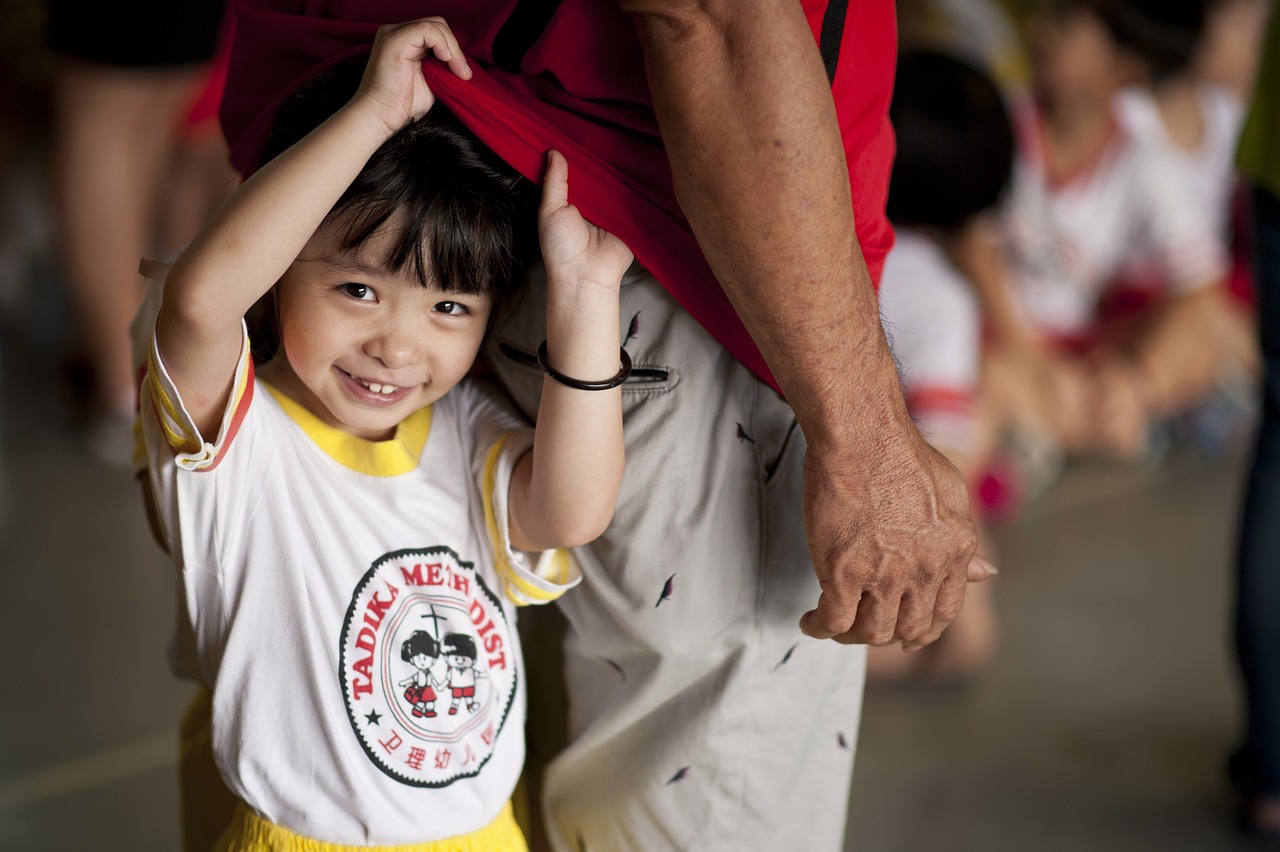Chinese culture has long been shaped by its deep-rooted emphasis on family values. These values form the bedrock of Chinese society, fostering strong bonds, filial piety, and a collective sense of responsibility. In this article, we explore the intricate tapestry of Chinese family values, understanding the key principles that guide familial relationships, the importance of filial piety, and the enduring legacy of these values in contemporary Chinese society.
Foundation of Harmony
At the core of Chinese family values lies the principle of harmony, known as “he.” Harmony is seen as the key to maintaining balance and peace within the family unit. It encompasses the notion of mutual respect, understanding, and compromise, promoting a harmonious coexistence between family members. This harmony extends beyond immediate family to encompass extended relatives, emphasizing the significance of maintaining harmonious relationships with one’s ancestors and ancestors’ spirits.

Filial Piety: Reverence for Elders
Filial piety, or “xiao,” is a cornerstone of Chinese family values. Rooted in Confucian teachings, it emphasizes the importance of respecting and caring for one’s parents and elders. Children are taught to prioritize their parents’ well-being, to honor their wisdom and experience, and to provide support and care as they age. Filial piety is considered a moral duty, and it extends to honoring ancestors through rituals and ceremonies, reinforcing the deep connection between generations.
Collective Responsibility
Chinese family values place a strong emphasis on collective responsibility and the greater good of the family unit. Individual desires are often subordinate to the needs and well-being of the family as a whole. Family members are expected to contribute to the family’s success, both financially and emotionally. This sense of collective responsibility extends to decision-making, where consultation and consensus-building play integral roles. The concept of “guanxi,” or personal connections, further emphasizes the interconnectedness of family networks, fostering mutual support and loyalty.
Education and Success
Education is highly valued in Chinese family values, viewed as a means of upward mobility and personal growth. Parents invest significant resources into their children’s education, with academic achievement serving as a symbol of family honor and prestige. The pursuit of success, often measured by professional accomplishments, is deeply ingrained in Chinese culture, driven by a desire to provide a better future for the family.

Adapting Values in Modern Times
As China undergoes rapid social and economic changes, traditional family values are evolving. Urbanization, migration, and shifting gender roles have reshaped family dynamics and redefined the meaning of filial piety. While the core values remain intact, their expression and application have adapted to accommodate the demands of a modern society. Nuclear families, influenced by Western ideals, are becoming more prevalent, but the principles of harmony, respect, and collective responsibility continue to guide familial relationships.
Chinese family values, deeply rooted in tradition and shaped by Confucian teachings, embody the essence of harmony, filial piety, and collective responsibility. These values have nurtured close-knit family units and fostered a sense of belonging and support. While societal changes have influenced the dynamics of Chinese families, the enduring legacy of these values continues to shape familial relationships and serve as a moral compass. Chinese family values remind us of the enduring importance of kinship, respect, and harmony, emphasizing the profound impact that strong family bonds can have on individuals and society as a whole.

agree